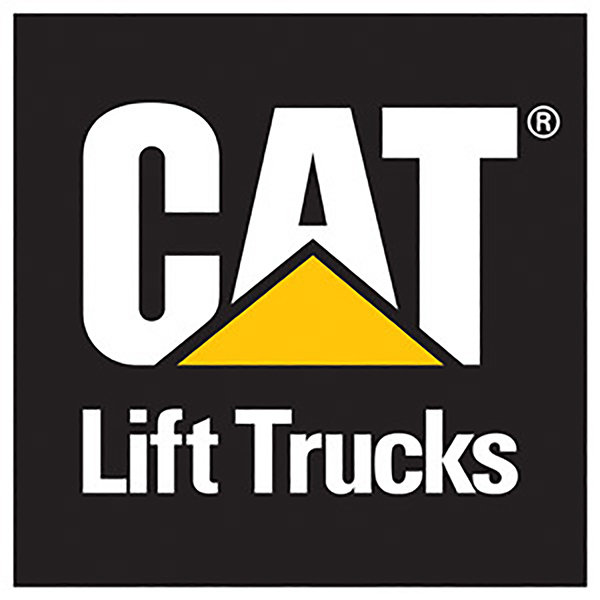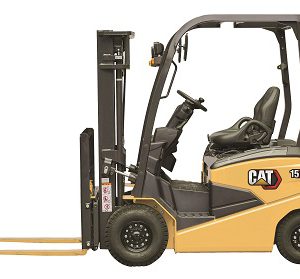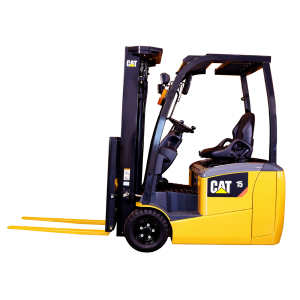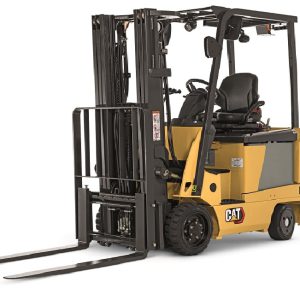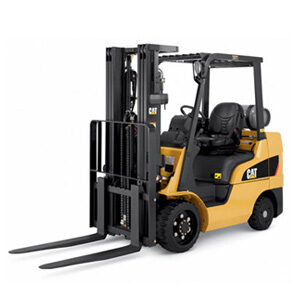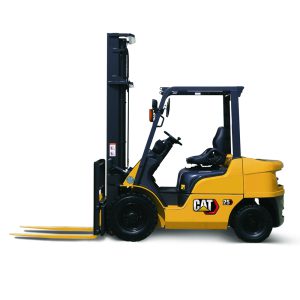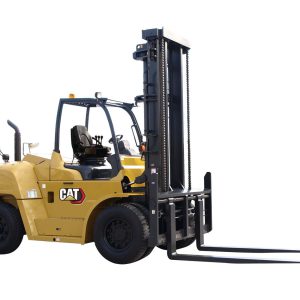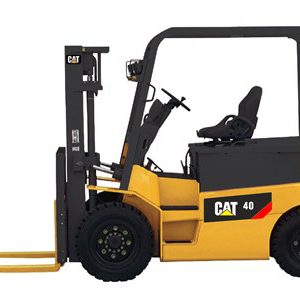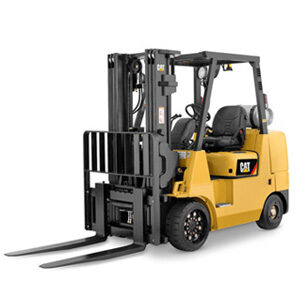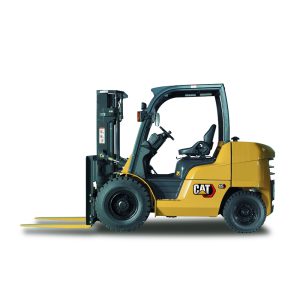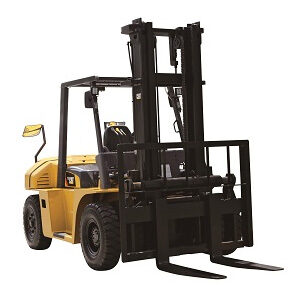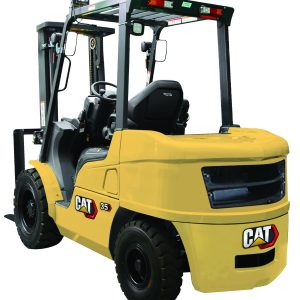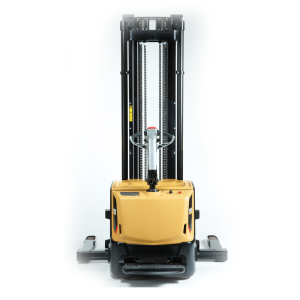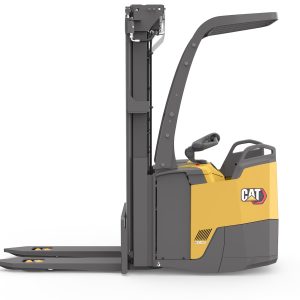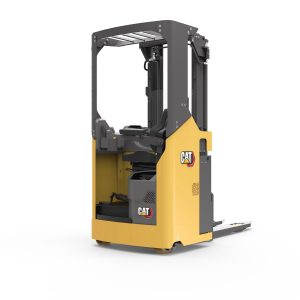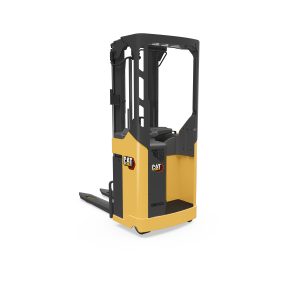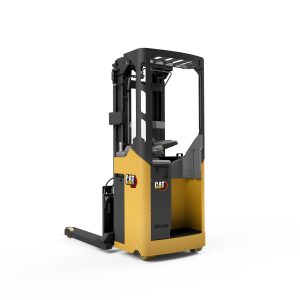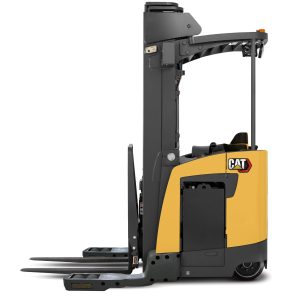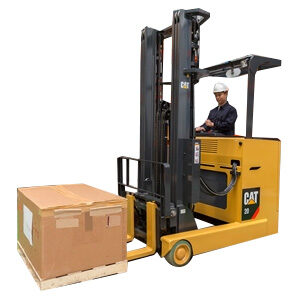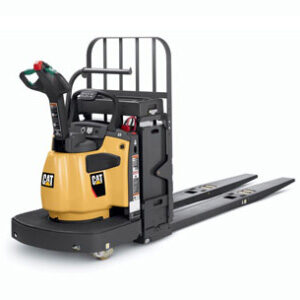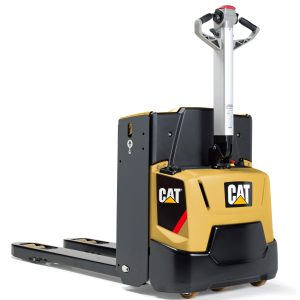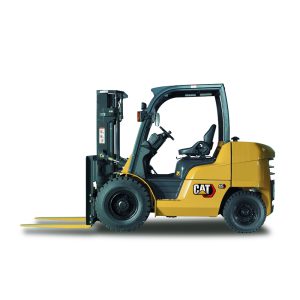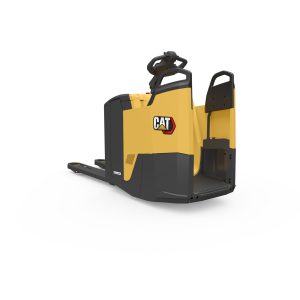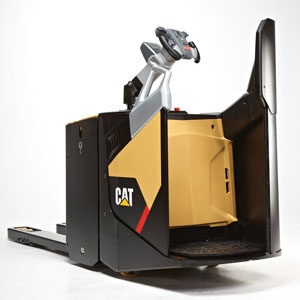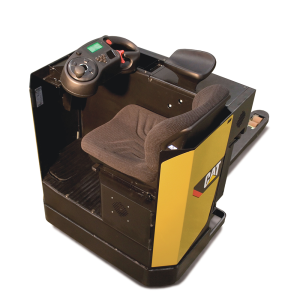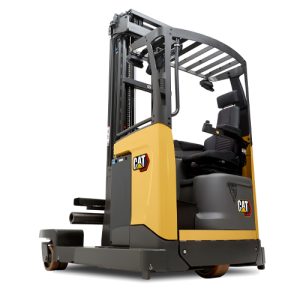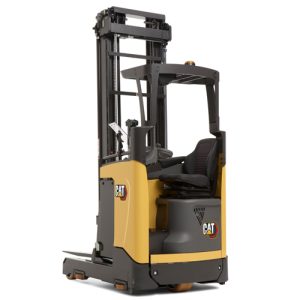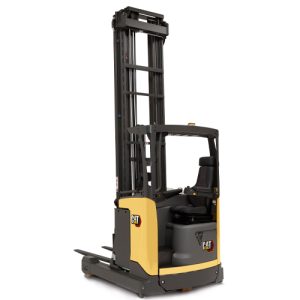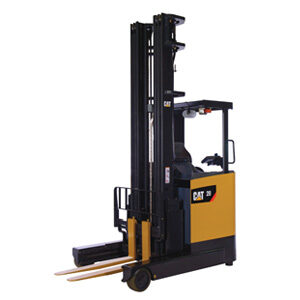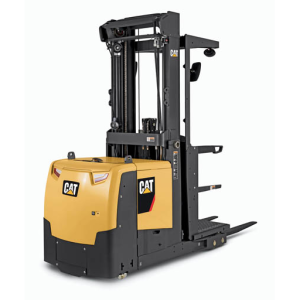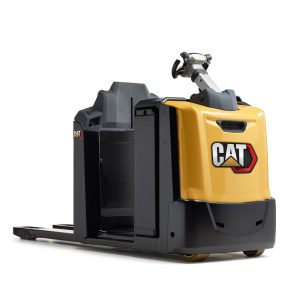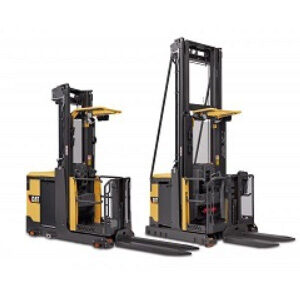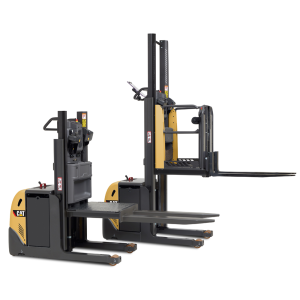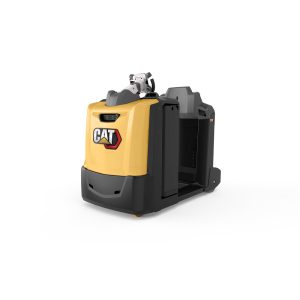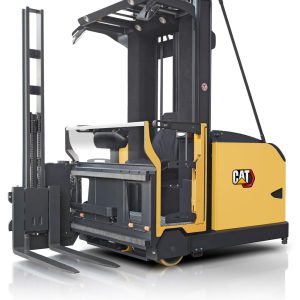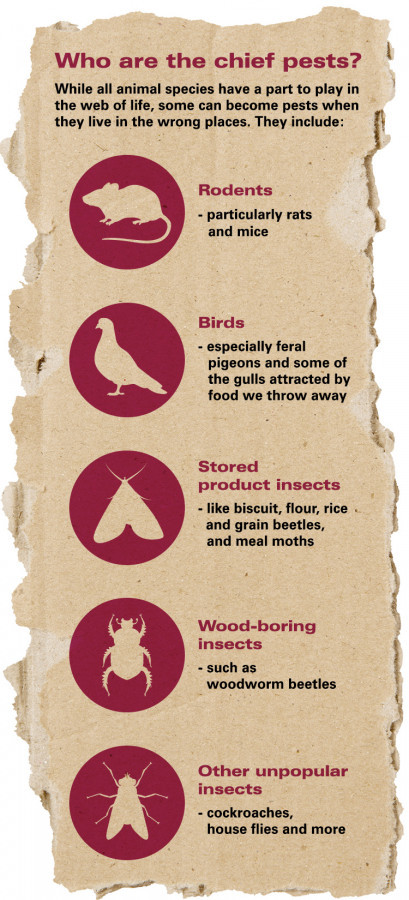
Agents of destruction: why pest management is essential in logistics
21/10/2020
Poor handling by a powerful forklift truck can destroy the value of an entire pallet load of goods. As Mark Nicholson warned recently in an article for Eureka, the online magazine for materials handling professionals, a single mouse dropping has the power to do the same thing. Any evidence at all of contamination by pests may result in a customer rejecting products – even if it’s a non-food delivery and even if each item is individually wrapped.
Hubs for pest transmission
Warehousing and distribution centres and their associated logistics and transport operations are in a difficult position when it comes to pest management. Pests can get into the supply chain through a multitude of docks or via movement of staff and visitors and can be shipped into your premises from all over the world. Once there, they will often find ideal conditions in which to live and breed, moving around to find the part of your workplace providing the best temperature, food and shelter.
Even if you haven’t had serious problems to date, you should be taking preventative action now. A pest control expert can predict and prevent infestations, saving you from a nasty surprise and expense. Importantly, your pest management strategy should look not only at your own site but at the potential for pest problems elsewhere in your logistics supply chain to affect you.
The cost of ignoring pest risks
Here are just some of the reasons why you should take preventative action to protect your business:
- Increasingly stringent food regulations and discerning customers – making contaminated products unsaleable.
- Loss of reputation, customers, and contracts.
- Compensation demands from businesses to which you have transmitted pests.
- Spread of illness via contaminated food or air – e.g. a single pigeon’s droppings and feathers can carry and transmit more than 60 diseases.
Damage to your property through gnawing and burrowing or corrosion of metal structures through birds’ droppings. - Prosecution for breaking hygiene laws.
- The expense of eradicating pests – much higher than the cost of preventative measures.
Pest control and the law
If you handle any kind of foodstuff or food ingredient, you need to abide by the principles in the EU General Food Law Regulation No. 178/2002 and each country will have its own further requirements.
There is also legislation relating to the spread of invasive alien species which may be damaging to human health, crops or other areas of the economy or nature. EU Regulation 2016/1141 lists the species currently of concern.
In addition, the EU has laws on the use of pesticides and other pest control methods. Instead of trying to do it yourself, it’s best to leave pest management to a good pest controller who knows the law.
How to keep pests under control
The first thing you should do is get a pest control professional to survey your site, record existing pests, identify risks, and set up regular monitoring. Here are just some of the actions you can take, in consultation with the specialist:
- 1Keep all potential pest entry points closed whenever possible – including loading dock and other doors, parked vehicles, and pedestrian doorways.
- Install barriers such as well-sealed, self-closing doors, fly screens and air curtains, and pest proofing such as exclusion netting for pigeons.
- Keep your premises neat and clean, including kitchens.
- Deprive rats and mice of food, water and shelter – including access to spaces in walls, rooves and ventilation shafts.
- Design your racking and storage layout in your warehousing to include an inspection aisle between your products and the wall to help with pest monitoring.
- Inspect every incoming shipment for signs such as gnawing, shredded material and dust.
- Segregate different types of product to avoid cross-contamination.
- Regularly clean out lorries, containers and other transport facilities, and make sure areas where they are parked or stored are kept pest-free.
What the professional pest controller can add
Aside from knowledge and expertise, the specialist has access to the latest control techniques and any trapping, poison baiting, fumigation etc. should be left to them. Additionally, they will be aware of the most up to date technologies available and online systems to help in maintaining records and ensuring rapid action when needed.
Ideally, your pest controller should use an integrated pest management (IPM) approach involving a blend of physical, chemical and biological methods to keep the pests under control.

